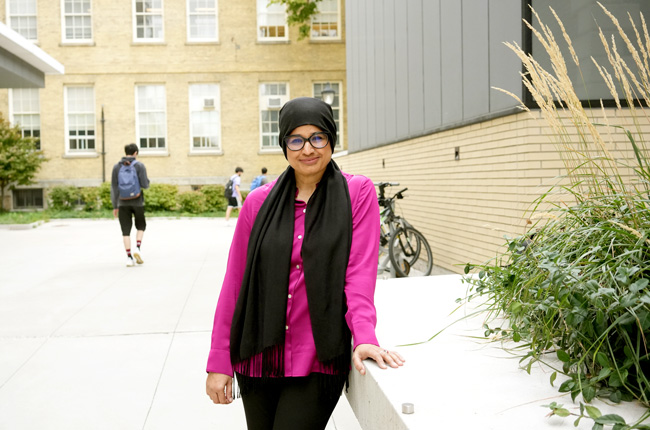
DECEMBER 15, 2023 • By Matthew Tierney
Why would someone consider doing a postdoc?
The first thing to consider is: Do you want to try to make substantial contributions to your field? Delving deeper into your specialized research interests — along with the opportunities to network, collaborate on projects and establish professional connections — can definitively make you more competitive for specific positions. Most people think that this would be in academia, that postdocs are a stepping stone to an academic position. That’s often true, but they are also so much more!
A postdoc allows you to acquire a range of valuable, transferable skills, such as project management, grant writing, communication and problem-solving. These skills can help with roles in industry, government, non-profit organizations and beyond. You also have the chance to broaden your perspective with international experience and work in diverse cultural settings — that’s what I’m doing!
Teaching is my passion. The chance to interact with students and fellow educators from diverse backgrounds leads to collaborations and discussions that push me towards new research perspectives. I believe in building strong bonds with my students on foundations of trust and respect. I adapt my teaching to how each person learns best, considering their background and culture. This helps students feel confident and engaged by the end of our time together. In short, if you're interested in a postdoc, establish your goals early on and acquire all the transferable skills you can. Make time for self-care and mental well-being. And seek the mentorship of your supervisor, who is your biggest supporter. (Thanks, Professor Adve!)


